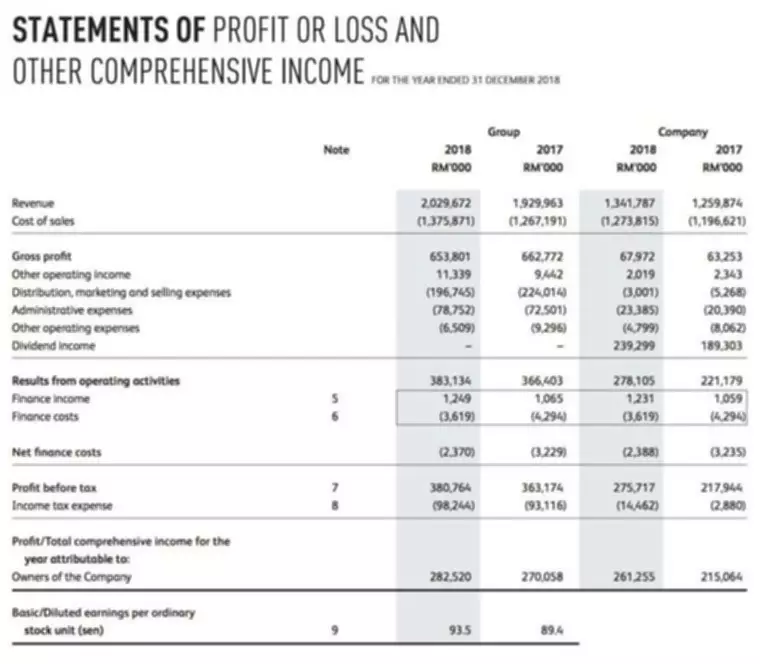Bonds vs Stocks: Similarities & Risks
Content
- The Difference Between Shares, Bonds & Derivatives is Explained
- The Difference Between Bonds and Stocks
- What percentage of my portfolio should be in stocks vs. bonds?
- The upside down: When debt and equity roles reverse
- Find What You’re Looking for at Northwestern Mutual
- Inverse Relationship of Stock & Bond Performance

By buying stocks, you can potentially grow your money through capital appreciation, meaning the stock’s price increases. You could also earn dividends if the company distributes a portion of its earnings to stockholders. This is a common occurrence for larger publicly-held companies, and much more rare for smaller entities that do not want to go through the inordinate expense of going public. This means that stocks are a riskier investment than bonds. Investors have a wide range of research and analysis tools to get more information on bonds. Investopedia is one source, breaking down the basics of the market and the different types of securities available.

Opinions expressed here are author’s alone, not those of any bank, credit card issuer or other company, and have not been reviewed, approved or otherwise endorsed by any of these entities. All information, including rates and fees, are accurate as of the date of publication and are updated as provided by our partners. Some of the offers on this page may not be available through our website. Another option is to look into an ETF or mutual fund that specializes in bonds.
The Difference Between Shares, Bonds & Derivatives is Explained
No investment strategy can guarantee a profit or protect against loss. You’ve probably heard the terms stocks and bonds before, but what are they exactly? Put simply, stocks and bonds are two types of investments that can be included in an investment portfolio. You make an investment in stocks or bonds hoping to earn a return, meaning that over time you’ll have more money than you paid in. But stocks and bonds are two very different things that serve different purposes in a diversified investment portfolio.
- In the event of bankruptcy, there’s often a significant risk that bondholders are not made whole, although in most cases they will receive something.
- A company’s ability to pay back debt is reflected in its credit rating, which is assigned by credit rating agencies such as Moody’s and Standard & Poor’s.
- From the corporation’s point of view, it is simpler and easier to issue bonds than to approach a bank and ask for a loan.
Since stocks and bonds generate cash differently, they are taxed differently. Bond payments are usually subject to income tax, while profits from selling stocks are subject to capital gains tax (which is lower for some brackets). Stock prices are also exposed to more broadly defined market risks.
The Difference Between Bonds and Stocks
A bond with a « AAA » or « A » rating is high-quality, while an « A »- or « BBB »-rated bond is medium risk. Bonds with a BB rating or lower are considered to be high-risk. Municipal bond payments are exempt from federal income tax. Most states also exempt their own municipal bonds (but not out-of-state municipal bonds) from state income taxes.
- Those that do allow investors to vote on issues that come before the company’s board of directors.
- Stocks are sold on the market and pay at the time of sale, though they can increase and decrease in value; no return is guaranteed.
- Generally, bonds are best for those that are conservative and nearing retirement age.
- Bonds with BB or lower ratings are deemed not investment grade.
- Funds hold many securities that are driving toward a similar goal.
- Prices are set by a range of factors including the interest rates, the credit rating of the company whose bond you are buying and the maturity length of the bond.
The interest provides regular and consistent income for the investor until maturity, which may be anywhere from one to 30 years, depending on the bond purchased. When an investor purchases a bond, they’re actually loaning money to an entity like a company. https://www.bookstime.com/articles/stocks-and-bonds Maturity is the length of time on the loan and is also the point at which your invested principal is returned to you. Then, they can sell a portion of these shares on the open market in a process known as an initial public offering, or IPO.